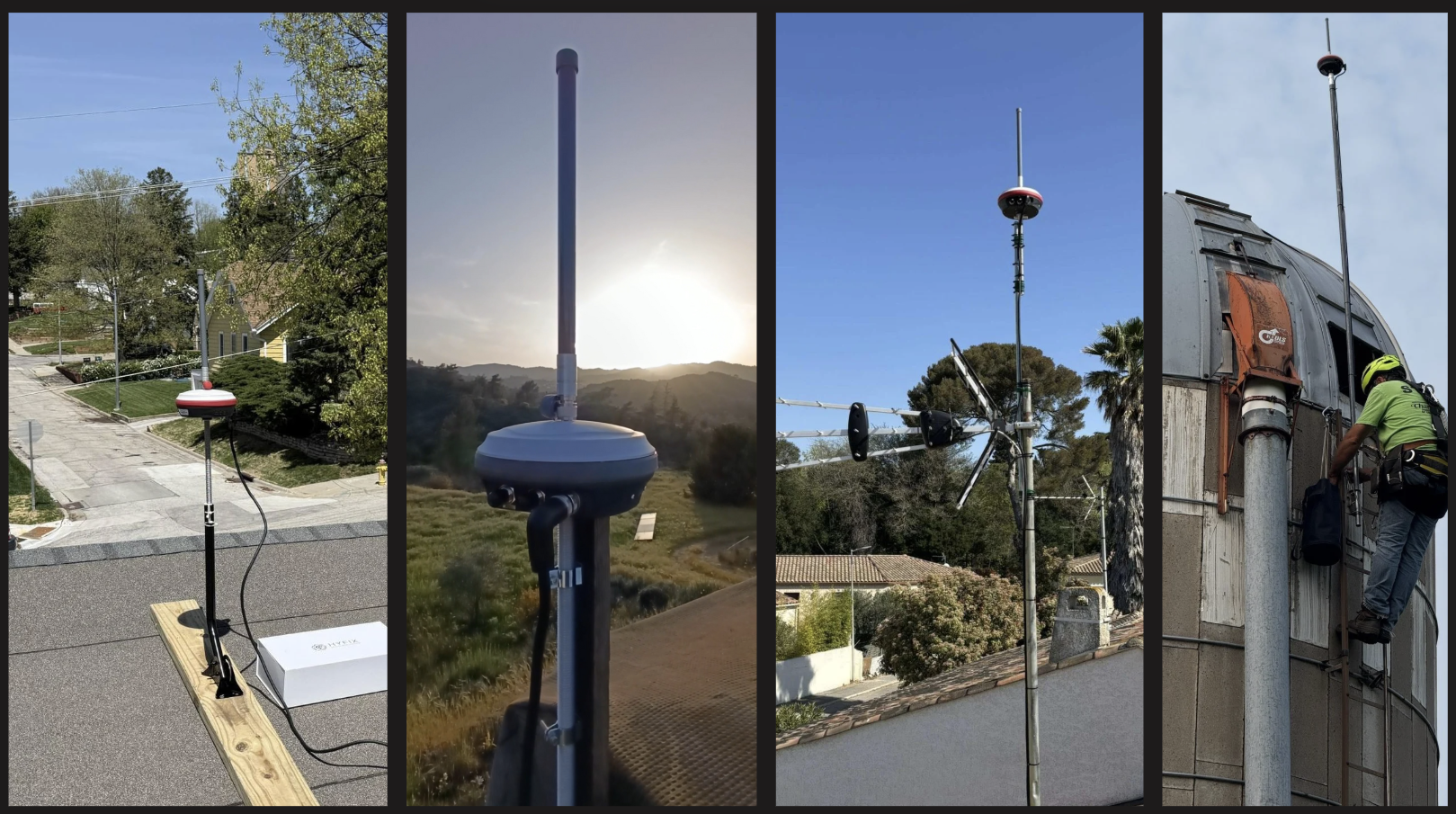DePIN’s Wingbits Soars: Korean Air Becomes First Major Airline Partner for Flight Tracking Revolution
Decentralized physical infrastructure just scored its biggest aviation win yet.
Wingbits—the DePIN flight tracker tapping a global network of Raspberry Pi sensors—lands Korean Air as its first major airline partner. This isn't just a pilot project; it's a full-scale deployment that could rewrite how aviation data gets collected and monetized.
How DePIN Cuts Out Middlemen
The system bypasses traditional satellite and radar networks by crowdsourcing ADS-B data from thousands of ground stations. Each node earns tokens for verifying aircraft positions—creating a self-sustaining ecosystem that's cheaper and more resilient than legacy systems.
Korean Air's gamble signals that institutional players now see real utility in decentralized networks. They're not just betting on token prices; they're betting on infrastructure that actually works better than what Wall Street funded last decade.
Watch for other airlines to follow suit—nothing makes legacy aviation move faster than seeing a competitor gain operational advantages. Except maybe when their CFOs realize they're paying millions for data they could be getting nearly free.
Good Morning, Asia. Here's what's making news in the markets:
Welcome to Asia Morning Briefing, a daily summary of top stories during U.S. hours and an overview of market moves and analysis. For a detailed overview of U.S. markets, see CoinDesk's crypto Daybook Americas.
Korean Air has signed a research agreement with Stockholm-based Wingbits to supply real-time ADS-B data for the airline’s ACROSS air traffic coordination system.
The deal gives the carrier’s R&D division access to coverage across Korea’s Incheon FIR, North America and Europe as it tests how drones, cargo aircraft and eventually eVTOL taxis will share crowded skies.
Wingbits runs a decentralized network of cryptographically secured ADS-B (real-time data for flight information) receivers, rewarding contributors in tokens for placing hardware in optimal locations.
The DePIN startup previously closed a $5.6 million round in January, led by Bullish Capital. Bullish is the parent company of CoinDesk.
“All of aviation relies on this data to some extent, and it’s a really big and profitable market,” co-founder Robin Wingårdh told CoinDesk in an interview during Korea Blockchain Week. “It was just kind of weird that all these people do it for free, while three out of four networks were acquired for hundreds of millions and nothing went back to the community.”
Incentives, Wingårdh said, are what separate Wingbits from rivals.
“If you properly incentivize, you actually get people to put receivers where they matter, on a roof, at a business, or even renting space in a high-demand area," he continued. "And on average, we see more than twice the coverage per antenna versus the competition, simply because the incentive is there.”

For Korean Air, the collaboration is as much about the future as the present. Its R&D division is experimenting with advanced air mobility, and Wingårdh said the demand for low-latency, secure data will only grow.
“Our view on the advanced air mobility segment is really it’s coming, flying taxis, flying cargo, and you’re going to have a lot more objects in the sky," he said. "We don’t believe that there’s currently any infrastructure that can actually function as proper tracking infrastructure for that combination of aviation, advanced mobility, and drones."
The Korean Air partnership marks Wingbits’ first airline collaboration and signals that legacy carriers see value in decentralized infrastructure.
For Wingbits, it’s a test case in moving from crypto-native HYPE to mainstream aviation, with the long-term bet that blockchain-backed data networks can underpin the next era of urban air mobility.
Market Movements
: Bitcoin is trading at $112,730. Despite back-to-back ETF inflows totaling over $385M on September 18–19, Bitcoin’s price has struggled to gain momentum, reflecting broader profit-taking and cautious market sentiment.
Ethereum is trading near $4,200 and has fallen more sharply than bitcoin in the short term, even as spot ETH ETFs attracted over $260M in net inflows across September 18–19. The pullback highlights how ETH remains more sensitive to shifts in risk sentiment and waning speculative demand, though its long-term fundamentals tied to DeFi, staking, and institutional adoption remain intact.
Gold continues to trade record highs, supported by expectations of further rate cuts from the U.S. Federal Reserve, central bank demand, inflation concerns, and geopolitical risk.
U.S. stock futures were flat Monday night, with Dow and S&P 500 contracts each slipping 0.04% as investors eyed risks at record highs.
Elsewhere in Crypto
- CleanSpark Shares Rise After Getting $100M Bitcoin-Backed Credit From Coinbase Prime (CoinDesk)
- MetaMask’s mUSD stablecoin tops $65 million supply a week after launch (The Block)
- Ethereum Wallet Rainbow Reveals RNBW Token Airdrop—Here's When (Decrypt)

